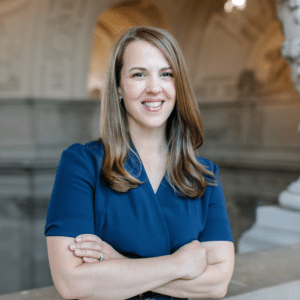By ProFellow Founder, Dr. Vicki Johnson
When applying for a fellowship or grant, applicants often skip the project idea brainstorming process and go with one obvious idea that relates to their work or studies. This is why a lot of the project ideas that end up in fellowship applications are boring, half-baked or irrelevant. If the project idea is uninspiring, it doesn’t matter how good the applicant’s resume or credentials are. So don’t skip the brainstorming process. Here are 5 insider strategies for coming up with an interesting, unique and memorable project proposal.
Read up on current events
A project that links or relates to current events will be more eye-catching to a fellowship selection committee. Why? One, it is relevant to people’s current lives and two, the project could draw media attention. Read the news and think about your project angle. Even history projects can have a modern twist. For example, 2015-16 German Chancellor Fellow Leandro Gomes is doing his project on “The Social and Cultural Impact of Homophobia: A Documentary About Homophobia Before, During and After the 2nd World War in Germany and its Relation to Social-Political Events in Contemporary Brazil.”
Research former fellows’ project proposals
There are a number of reasons why this is a winning idea: one, you can see what ideas excited that particular fellowship selection committee; two, you can see what has been done before so you don’t duplicate an idea; and three, you can see where fellows have been hosted, if you need to identify a host institution. Most fellowship organizations have former projects listed on their site (like the Ian Axford Fellowship).
Talk to several potential host institutions
If you need a host institution for your fellowship project, it’s best to find an organization that is excited to have you work on a mutually beneficial project. Most will have tons of ideas for a project that will benefit them. And if the host strongly supports your proposal, you’ll have extra brownie points for your application.
Get wacky
Wacky project ideas are interesting to selection committees because they stand out! I have never forgotten Jesse Appell’s Fulbright project in China – he studied traditional Chinese standup comedy to seek ways of improving cultural communication through humor. And Tom McFadden won a Fulbright New Zealand award in 2011 to pursue a degree in Science Communication while teaching kids about science through hip hop.
Elaborate then simplify
Applicants often try to limit the scope of their ideas in the brainstorming process because they know in their heads that they have limited time and resources to execute a project. However, this results in half-baked ideas. I would suggest just going big – write out an idea as if you have no time or resource constraints, then iteratively simplify the project by identifying 5-10 specific project goals and how they could each be achieved. You may decide to focus the project on just one goal of your broader idea, or change how you would approach the project once you see that some goals are more feasible than others.
Want more fellowship application tips? Check out our Step by Step Guide for a Competitive Fellowship Application.

Dr. Vicki Johnson is Founder and CEO of ProFellow, the world’s leading online resource for professional and academic fellowships. She is a four-time fellow, top Ph.D. scholar, Fulbright recipient and an award-winning social entrepreneur. She is the Creator and Director of Fully Funded, an award-winning online course and mentorship program for graduate school applicants seeking to find and win full funding.
© Victoria Johnson / ProFellow, LLC 2016, all rights reserved.
